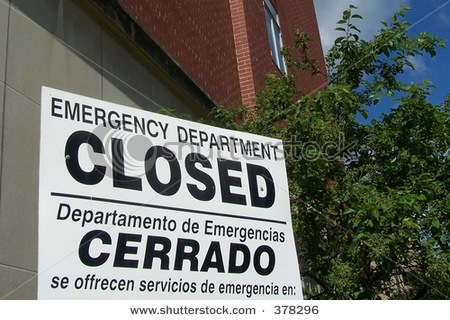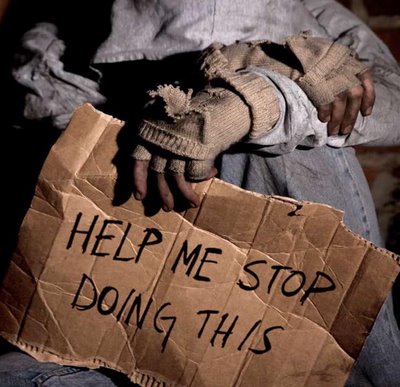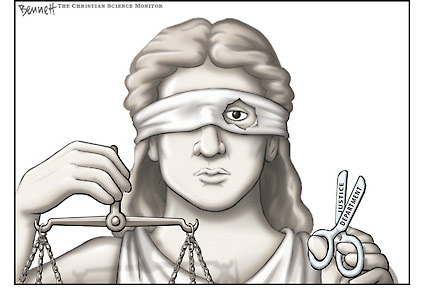Happy Fourth of July!
A new Psychiatric Crisis Resource Kit that can help families if someone they love develops a mental disorder is scheduled to be unveiled this week in Chicago at the national convention of the National Alliance on Mental Illness. It’s been developed by the Treatment Advocacy Center. 
Of course, the first thing that comes to mind whenever someone mentions TAC is its aggressive and relentless campaign to promote Assisted Outpatient Treatment laws. But whether you support AOT laws or oppose them really doesn’t matter. All of us with loved ones who have a mental disorder need to be prepared and from what I have seen so far, TAC has done a real service by putting together a mental health first aid kit.
When my son first became ill, I was completely at a loss about what to do. And based on the emails and letters that I receive weekly, other parents, families and friends find themselves in the same situation.
For instance, the kit recommends that families compile a list of telephone numbers for key people, agencies and organizations that should be contacted if there is an emergency. While that sounds like a no-brainer, how many of us have the telephone number of a mobile crisis team, a psychiatric case manager, or an Assertive Community Treatment (PACT or ACT team) handy? Do you know the emergency numbers for your community mental health provider? How about your local suicide hotline? Do you know if your community has a Crisis Intervention Team and, if so, how to contact it. What’s the number of a public defender who knows mental health laws? Or a private attorney? Is there a mental health court in your jurisdiction and, if there is, do you know what sort of cases it will hear?







